
Call for Hiring Intern via World University Service [OPEN]
This call is for locals only. Please refer to the Macedonian language page for details.
Read More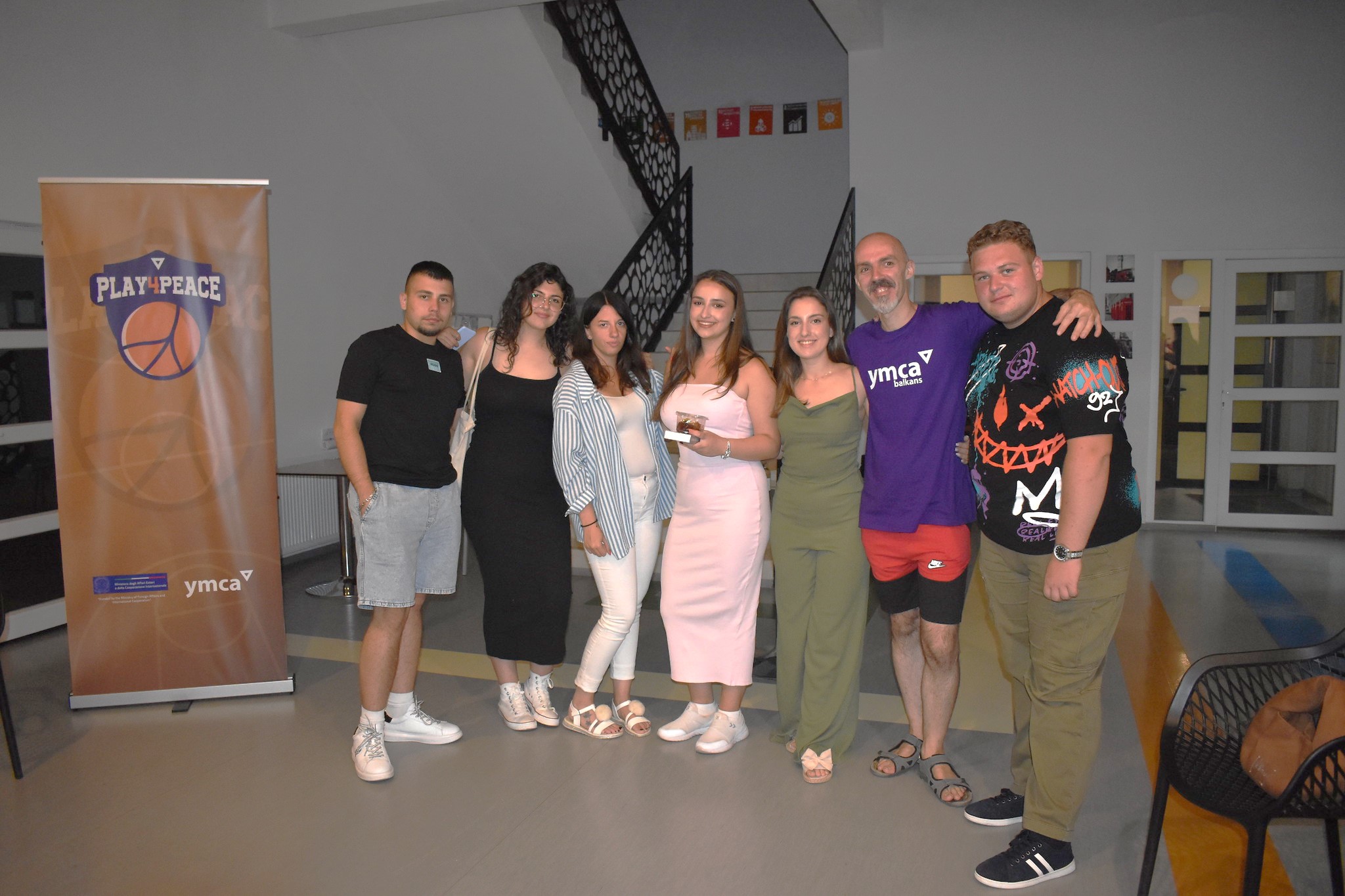
Play4Peace Camp in Kosovo
From July 1 to 6 a team of 8 people from our YMCA attended a Play4Peace youth project in Peja, Kosovo along with 20 other young people and youth workers from Serbia, Kosovo and Italy united for peace-building through sports. This project included a 5-day program where through various sports activities and workshops, participants gained
Read More
Final promotional event of the peer school for mental health
On June 26, after the completed education of peer educators and the largest peer education held on the importance of mental health in Bitola with a coverage of over 2000 students from elementary and secondary schools in Bitola, as well as in several faculties, the final promotional event of the project. It was a several-hour
Read More
Peer education for mental health throughout schools in Bitola
After the completion of six training modules for peer educators, the period began where already trained peer educators shared their knowledge in schools and faculties in Bitola. The workshops for peer educators were attended by 58 peer educators, and about 42 peer educators finished, 41 of whom, as the most motivated in teams, shared their
Read More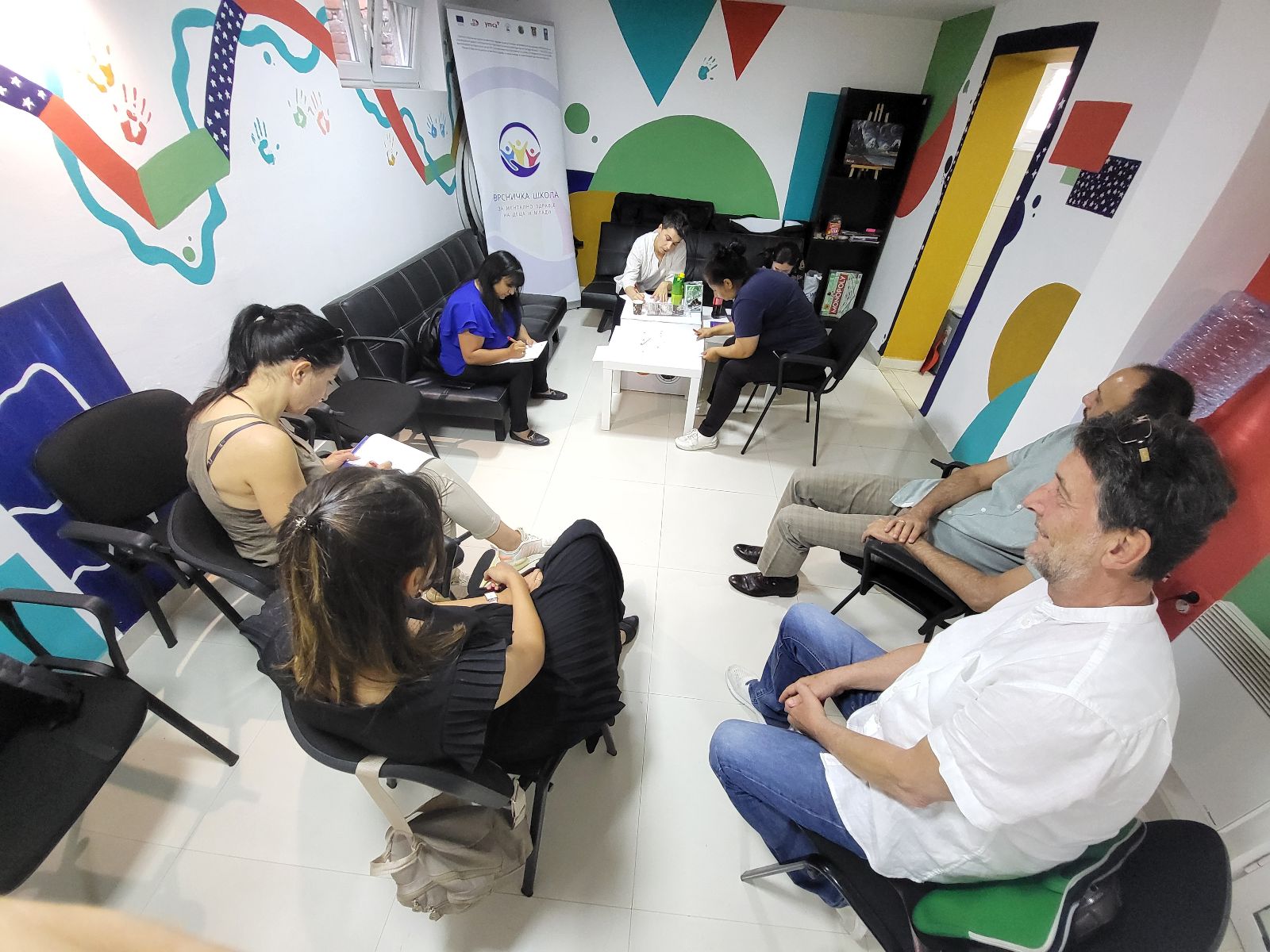
Participants’ Impressions from the mental health support groups
Biljana StefanovskaAs a participant in the support group for parents of children with disabilities at the beginning we talked about the problems we face in our daily lives, something that was a familiar story to all of us, but over time it turned into mutual support and we started to we help each other, together
Read More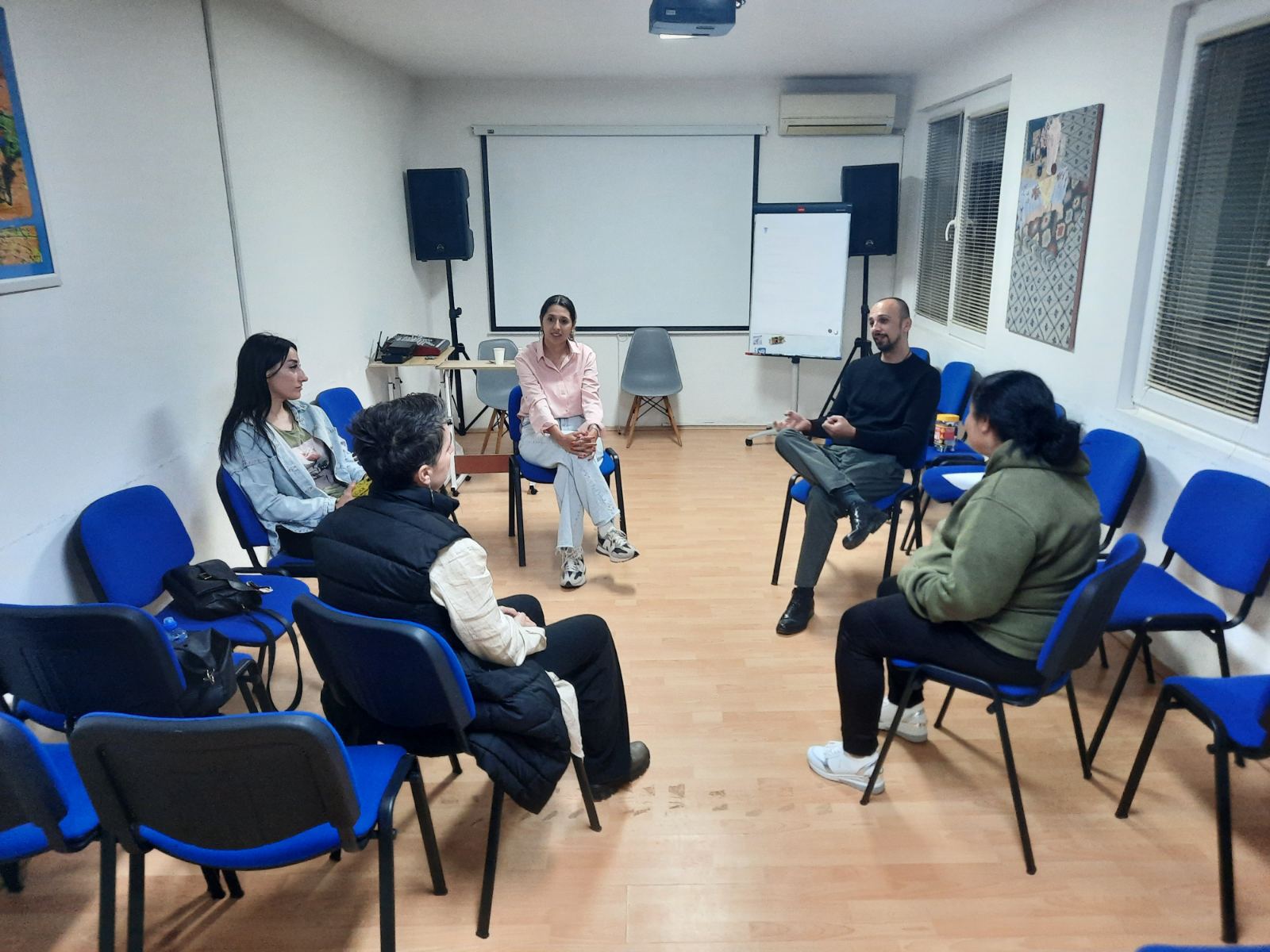
An overview of the activities of the support group for single-parent families
By Renata Dimanovska Reflecting on the past six months of leading our support groups, I am filled with a deep sense of gratitude for the incredible journey we have shared. When we started this activity, my colleague Ljupco and I had a leading motive to create a safe space, free from prejudices, where everyone can
Read More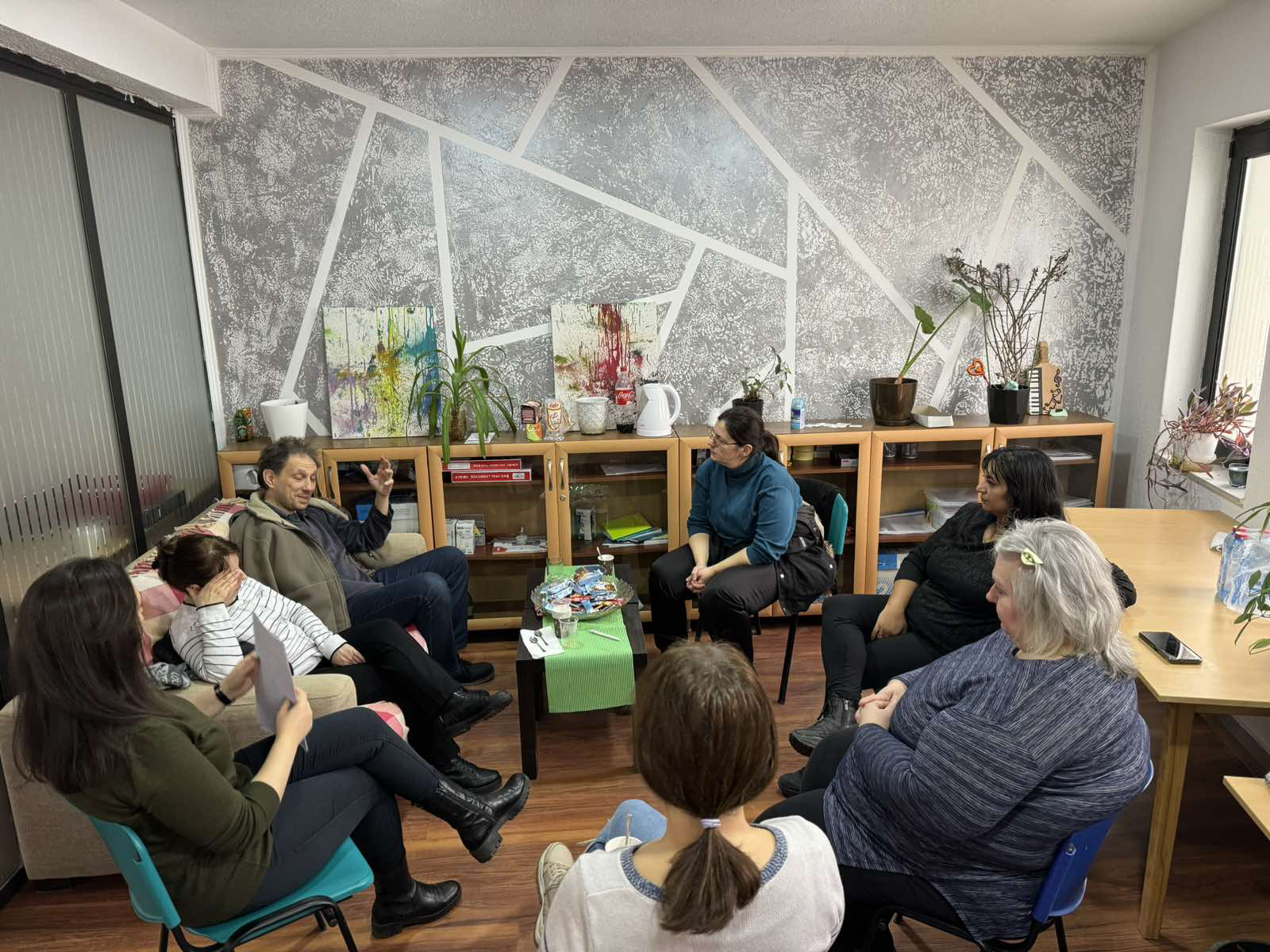
An overview of the activities of the support group for parents of children with disabilities
By Martina Durljanova Our support group is a “Respite Group” as parents of children with disabilities often call it. It’s about hero parents, who left themselves far behind others, in the ravages of time, to be the backbone of the family. But that’s what every parent does, right? However, the parents of children with disabilities
Read More
Mental Health workshops for Peer Educators [module 7a and 7b]
The basic workshop modules were six, but due to the large scope of peer education and the length of the implementation period, a seventh module was needed, which was designed to support the peer educators. Therefore, everyone who needs additional strengthening in the area of work with young people and peer education had the opportunity
Read More
YMCA Camp Europe Campacity Conference
After months of planning and hard work, Campacity 2024 took place over April 15th-21st in Toledo, Spain at the Castillo de San Servando youth center, with the support of the local government. We then moved across to YMCA Camp Priego and was hosted by YMCA Spain. The second “Campacity” Conference was a joint initiative of
Read More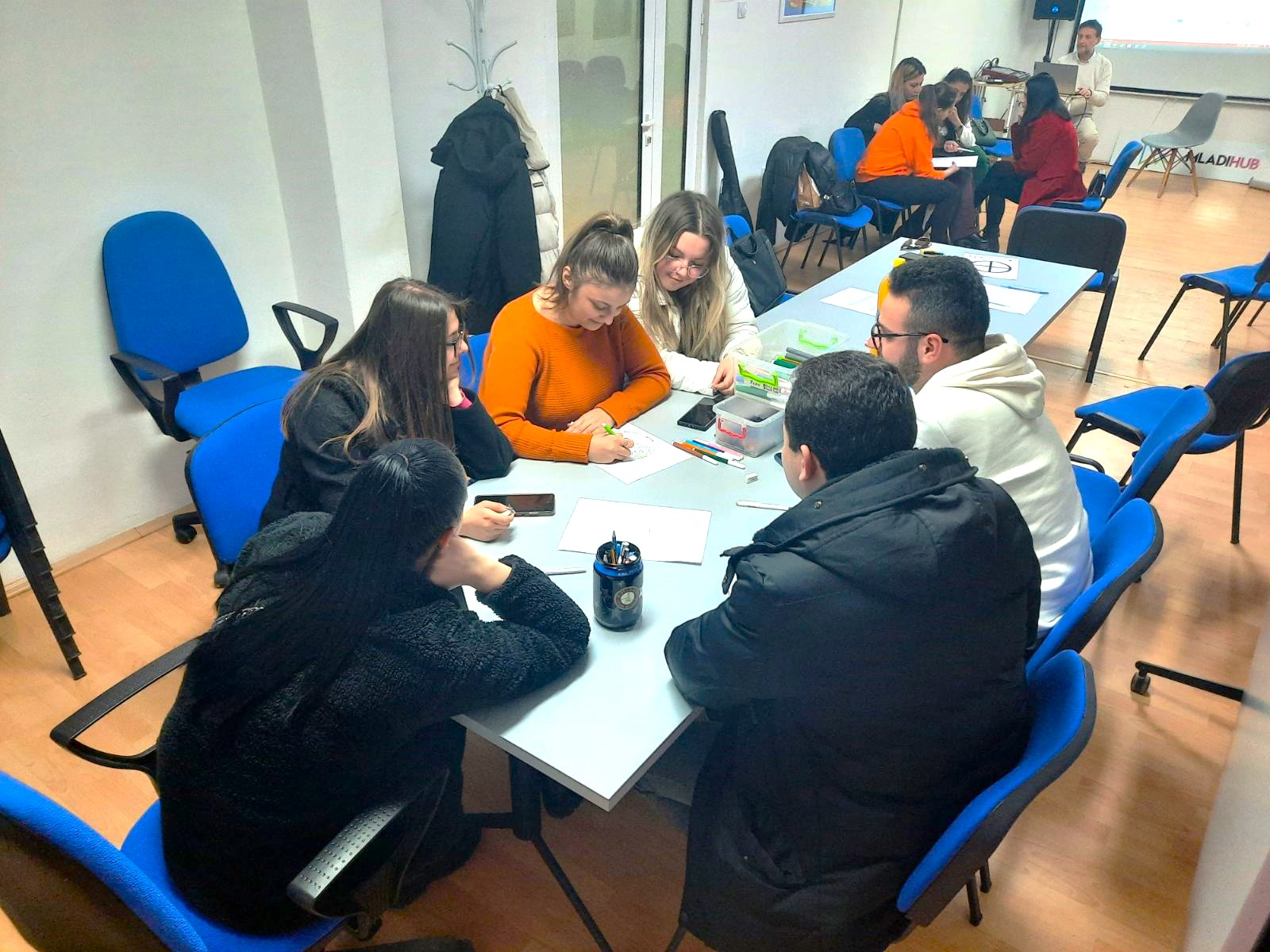
Mental Health workshops for Peer Educators [module 4,5,6]
In the second semester, we continue with a new series of mental health workshops for peer educators from primary and secondary schools and faculties from Bitola. Modules 4, 5 and 6 are planned for this semester. In the fourth module, the participants got acquainted with the digital representation of the topics covered in the previous
Read More